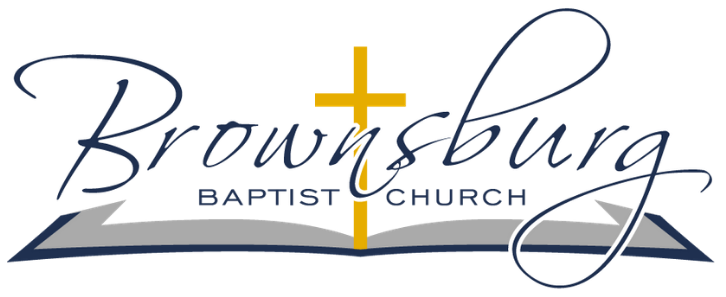ACADEMICS
For many Kindergarten is the first grade that is considered “Real” school. We strive to lay a solid foundation for our student’s academic future. We also know that the spiritual/character education a child receives is very important to the foundation of their life. We strive to give a advanced balanced education to our Kindergarten students.
Bible
- Daily Bible classes that teach basic Bible stories. Our students will hear and learn exciting lessons from the Bible starting with Creation through the life of the Apostle Paul.
- We want your child to be able to apply what they learn in Bible to their young lives. Because of this, weteach character traits that will help our children to apply what they have learned to their young lives.
- A fun Bible workbook from Positive Action for Christ is used re-enforce Bible lessons in a fun and excitingway.
- We have a weekly Chapel class (usually on Wednesday) that allows our teachers and Pastoral staff to enjoy a Bible time with our students.
Phonics/Reading
Letters make sounds, sounds together make blends, blends lead to words and words make sentences. Sentences make paragraphs, paragraphs make stories, stories lead to books……and books can take you where ever you want to go!!!
This illustration is a good way to summarize what our philosophy of reading is. We know that a solid phonics foundation leads to proficient readers. Our kindergarten year stresses this phonetic approach to reading.
First Semester Phonics/Reading
- Review (or learning) all 26 letters and sounds of the letters
- Learning to blend vowels and consonants
- Learning the short vowel rule and how to apply this rule to words
- Reading short one vowel words
- Beginning sentence structure and punctuation will be learned
Second Semester Phonics/Reading
- Reading Groups start in January!!! This will allow students to progress at their own level of reading! We have reading groups three days a week. The other days are used to learn new skills.
- Review of all skills learned in the first semester
- Learning the two vowel rule and how to read long vowels
- Reading approximately 25 sight words.
Writing
- Fine Motor skills develop at a fast pace during Kindergarten. Students will use pencils, markers, crayons, paint brushes and scissor and other manipulatives to help with this development.
- Kindergarten students will learn to form all 26 letter of the alphabet. This early learning will transition to writing words and sentences.
- We will start the year by learning to write first names. When this skill is mastered last names and then middle names will be mastered.
- Writing the numbers 1-100 is learned. Writing numbers to 200 is introduced with many students mastering this skill.
Numbers
Learning to count and recognize numbers is a very exciting part of our day.
Students will learn the following skills:
- Recognizing numbers 1-200
- Understanding the concepts of a number
- Counting by 10’s 5’s & 2’s
- Learning to read and write number words 1-10
- Addition Facts through 10
- Beginning subtraction
- Telling Time
- Value of coins and dollar bill
- One step story problems
This is a very brief list of the things that we learn in Kindergarten. In learning these skills, students will use many forms of learning activities which will include many tactile activities along with auditory and visual
Art
Arts & Crafts are a GREAT way to have fun and develop fine motor skills at the same time! Some type of art or craft will be an almost daily part of your Pre-K student’s day. These will range from holiday art to crafts that reinforce a skill that is being taught.
Music
- Daily singing time. We will learn fun songs, silly songs, Bible Songs & Hymns.
- Weekly Music Appreciation and music theory is taught in the classroom. Fun avenues of play with music will be experienced by our students
- Our Pre-K class will participate in the two musical programs preformed each year.
- Daily music will be used in the classroom to learn many aspects of our curriculum.
Play
Your child’s body is growing and developing on a daily basis. Physical play is very important to help their bones and muscles grow and develop.
- Outside play (weather permitting) is a part of each day.
- Running, jumping, crawling, bouncing, and other inside physical play is part of each of our days. There many physical games we use when the weather will not allow us to play outside.
- Teachers will use many forms of physical activity daily in all academic areas in the classroom.
Special Days
A monthly calendar will be sent home. This calendar will list the special days that your child will be experience through-out the month. Months will include:
- Science Learning Days
- International Days
- Fun “Letter” learning Days
- Special Show and Tell Days
- Community Helper Days
- Many other “FUN” Days
Other FUN Activities
- Calendar—Students will learn the days of the week and the months of the year
- Weekly Science class
- Story Time
- Snack Time
- Recess
- Show and Tell
